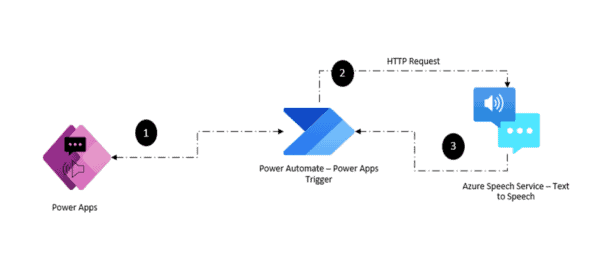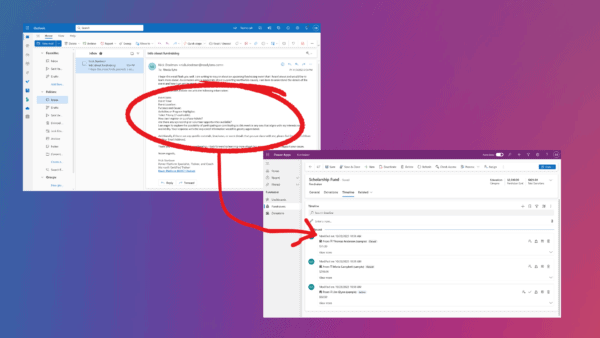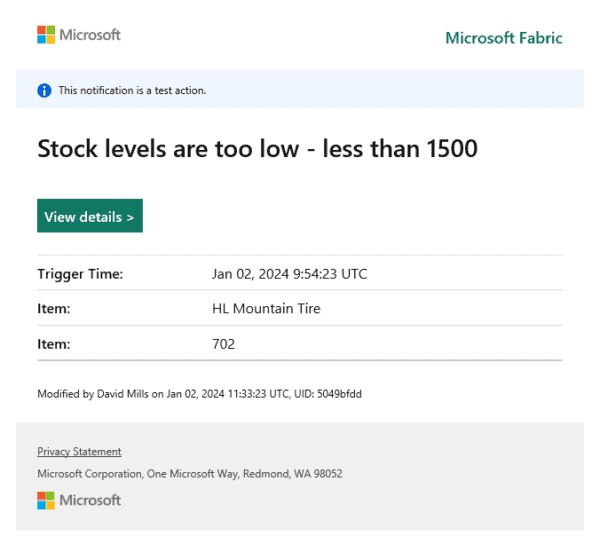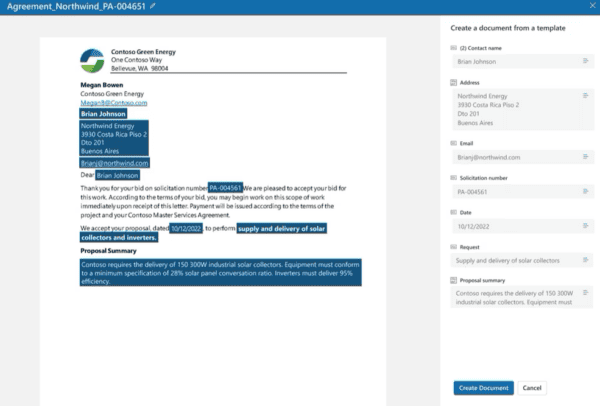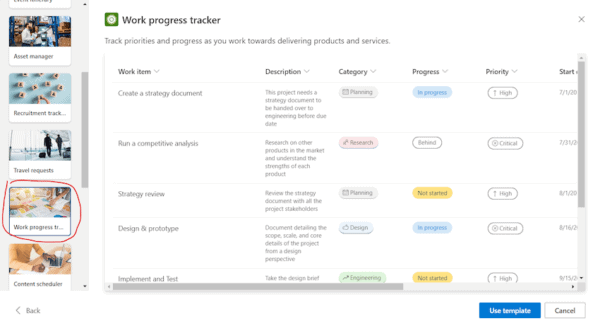RecordPoint is happy to announce RecordPoint’s Classification Intelligence for Records365. Classification Intelligence is the next generation of our automated rules engine. It is also the first application of artificial intelligence to records management. Records365 is a globally available tool, and more features will be coming soon.
What Is Classification Intelligence?
RecordPoint has been helping organizations to classify content for the past ten years. We do this classification using our automated rules engine. The rules engine looks at the metadata on content and uses a series of yes/no logic. This approach determines which file plan category and retention schedule fits the data.
This approach works well for environments with managed content. However, this is often content that has an adopted information architecture, such as SharePoint. But, what about the unmanaged content? This is often lurking in file shares, Box implementations, and other environments. Governance is difficult to enforce, and most of the data is unstructured.
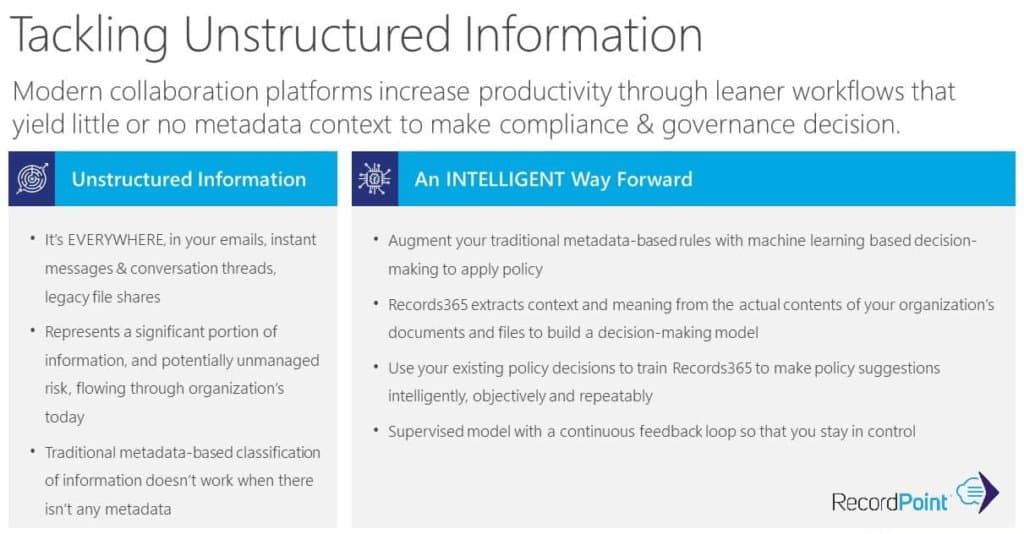
This situation is where Classification Intelligence can help. We use supervised machine learning to look at the content of a document. This helps us to determine the file plan category. Similarly, this method is especially useful for material that we cannot classify using the automated rules engine.
If you would like to learn more about types of machine learning and how they work for records management, we have you covered in this article.
Next, let’s look at an example of how Classification Intelligence can help with records management.
Apply a Category to Unclassified Content
As mentioned above, the Records365 automated rules engine uses yes/no logic. First, this approach identifies the right file plan category. Next, we base this logic on the document’s metadata. For example, this can be the location, type of content, or custom properties that the organization added.
However, sometimes we cannot classify content by the automated rules engine. This situation can happen for a few reasons. First, an end-user placed the document in an incorrect location. Second, a user saved the content in a newly created site, such as a new Microsoft Teams site. Third, someone added metadata to a document and it was not filled in or done correctly.
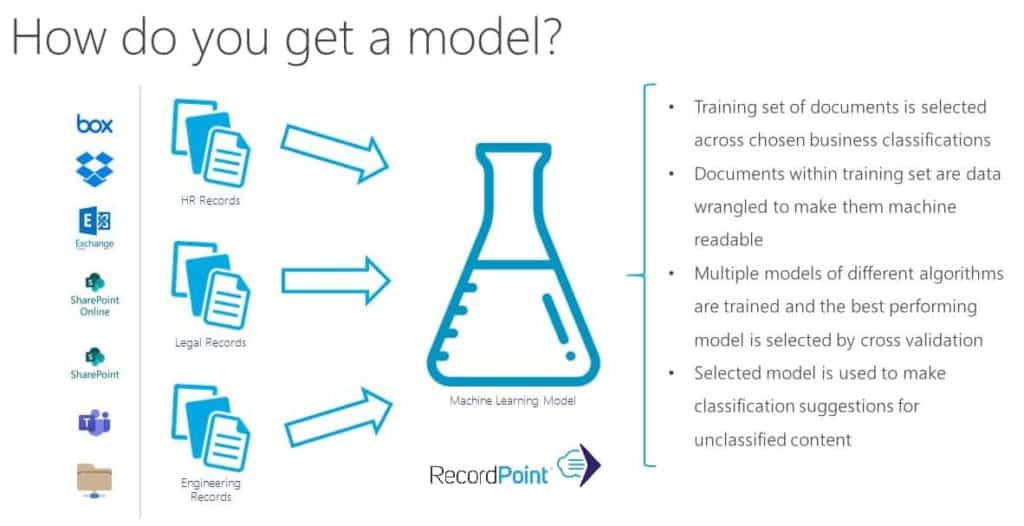
Here is a more detailed explanation of the above. This is how Records365 implements artificial intelligence and machine learning in our product.
Increase Compliance for Content in Any Repository
Records365 offers a complete solution to manage content for compliance. For instance, it works with any repository in your organization. Records365 has connectors to OneDrive, SharePoint, Box, Exchange Online, Google Drive and more. Records managers can create logic to classify content from known entities. Above all Records365 provides peace of mind that they can stay on top of any surprises created by end-users. Classification Intelligence gives records managers the confidence to manage all content for compliance.
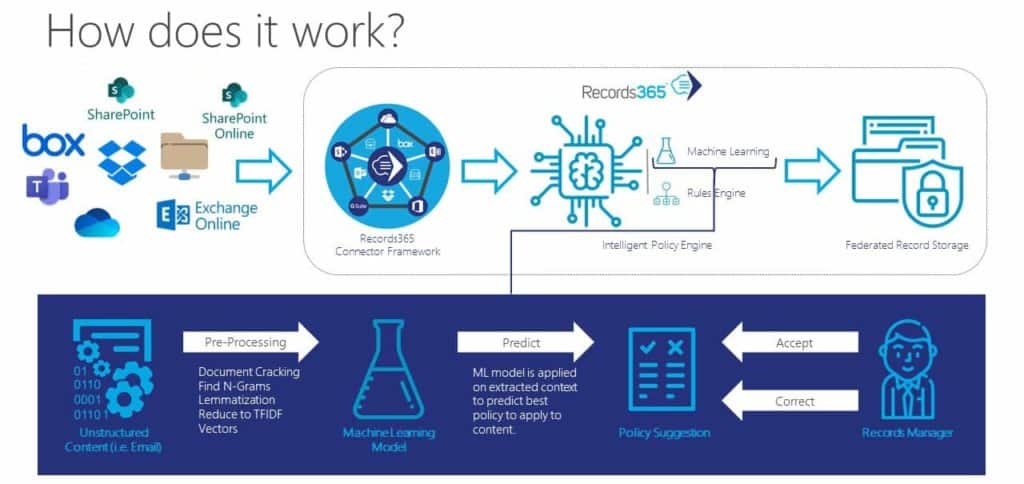
Moreover, we aren’t stopping there. Our next phase of development includes expanding our machine learning capabilities. First, we will do this with unsupervised learning. Second, this approach will help to handle large amounts of unmanaged and unclassified data. Finally, this method will also allow us to onboard customers that do not already have a set of documents classified against a file plan.
In addition to unsupervised machine learning, RecordPoint will add cognitive service capabilities. Cognitive services will allow us to unlock more value from your data. For example, we will be able to use natural language processing to classify data better. We will also add the ability for Object Character Recognition (OCR) in image files. This feature will allow us to read the text in image files. Next, we will add image classification that can identify people or objects in photos. Finally, all these capabilities will increase the effectiveness of Records365 advanced search. It will also provide more data for our analytics capabilities.
Check out the next article in this series, Types of Machine Learning in Records Management. Read this if you want to understand the theory and terminology behind AI in records management.

